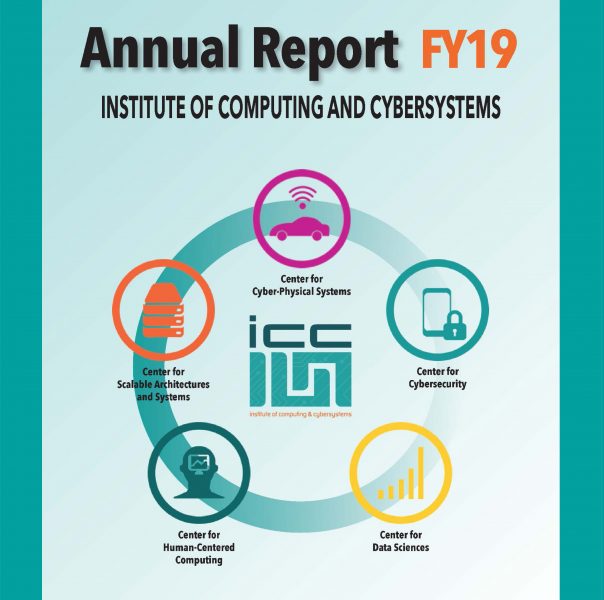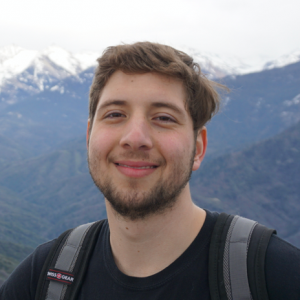
The Michigan Tech Vice President for Research office has announced the Spring 2020 Research Excellence Fund (REF) awards.
Among the recipients is Assistant Professor Weihua Zhou, Applied Computing/Health Informatics, who received a Portage Health Foundation Research Seed Grant.
Zhou’s areas of expertise include image processing and computer vision, machine learning, medical image analysis, health informatics, and text mining.
The proposed project represents Zhou’s continuous research on cardiac resynchronization therapy for patients with heart failure.
His co-investigators are Associate Professor Qing-Hui Chen, M.D., Kinesiology and Integrative Physiology, and Timothy Havens, the William and Gloria Jackson Associate Professor, College of Computing.
Ph.D. candidate Zhuo He, College of Computing, is a research assistant on the project. Rudy Evonich, MD, a cardiologist with the Department of Cardiology at UP Health System Marquette, Mich., is a clinical consultant.
Read the Tech Today announcement here.
Learn more about Michigan Tech REF awards here.









